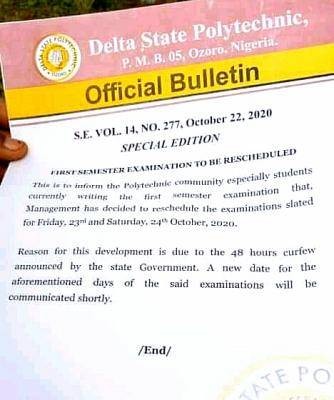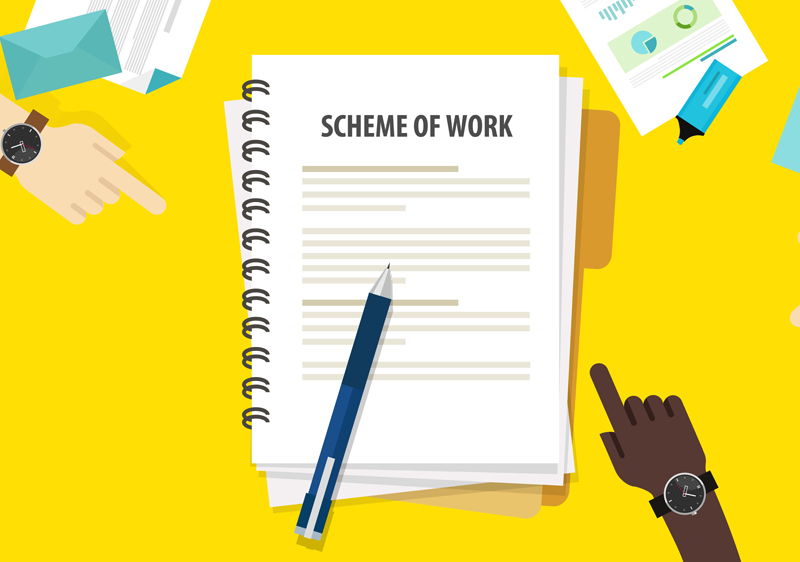
The issue is not whether or not the public school system will survive. It must survive; the tragedy of the Nigerian education system is the decline of the public school.
If public schools are given more attention, supervision and funding they will do much better.

It is very unlikely that the children of President Goodluck Jonathan will stay out of school for one day on account of strikes.
The American International School where the children are reported to attend is not unlikely to go strike. With the tuition fee of the institution averaging about N2.35mn per school year, the reasons are not far-fetched; the high-brow private school is probably not lacking in basic, teacher remuneration, or sufficient security.
Similar Posts:
Sadly, the same cannot be said for thousands of schools across the nation. Primary school students in Benue state just resumed school after an eight-month old strike due to the failure of the state government to pay teachers the minimum wage. In the south, children in many state public schools are milked by teachers to pay mandatory amounts for examination malpractice. In the North, the fear of terrorist attacks on schools now overshadows reports of under qualified teachers.
The teacher from Edo state who couldn’t read tells something of education in the south-south, and majority of the 102 unity schools all over the country simply are a shadow of their former glory. The former Minister for Finance, Okonjo Iweala said in 2006 that she payed N5.6 million ($40,000) annually for each of her three children who were in Universities abroad.
The story is the same for many of our leaders. Needless to say, no prominent politician complained of his children being at home when the Academic Staff Union of Universities, ASUU, went on strike for nearly seven months in 2013, or when the Academic Staff Union of Polytechnics, ASUP, went on strike for nearly eleven months recently, or when the Colleges of Education Academic Staff Union went on strike for nearly eleven months. It is no wonder therefore, that a bill in 2013 which sought to ban political office holders and senior public servants from sending their wards to schools overseas did not fall through. .
So, why aren’t our public schools good enough for children of our public servants? ‘The public education system is not conducive at all;’ said Hassan Soweto, the National Coordinator of the Education Rights Campaign, ‘the schools are crisis-laden and no one can truly be educated in many of these schools.
The public education system became like this when the Government in the late 1980s began to engage the neo-liberal capitalist philosophy that education is a business. As it is, many public school teachers will not even send their children to the schools where they teach.
How much more the children of our leaders? The fact that our leaders cannot send their children to public schools might not be the sole determinant of the failure of the public school system, but it is definitely a contributing factor. Our leaders do not have children in public schools so they see no reason why the schools should be adequately funded.’
The ASUP President, Dr. Chibuzor Asomugha, however said that leaders do not need to have their children in public schools to pay attention to the sector.
According to him, ‘Public education is the responsibility of government; it is inconsequential whether or not their children attend such schools. If you look at the decline in Public education, you’ll realize that there is no better place to put the blame for that than at the feet of the Government.
There is neglect of personnel and infrastructure, and I believe this is closely tied to the business interests of those in authority; you see people who are still in power owning private schools at the primary, secondary and even the tertiary level.
The steady decline of public schools has brought about an upsurge of private schools especially at the primary and secondary levels.’ Dr. Adams Onuka, a lecturer at the University of Ibadan, argues that the problem is not the public education system, but the lack of commitment of teachers, inadequate supervision, and lack of infrastructure.
He said: ‘I went to public schools all my life, and today, I can compete with anyone in my field of study. If public schools are given more attention, supervision and funding they will do much better.’
It seems that from air-conditioned rooms of Aso rock to the slums of Ajegunle, from ill furnished primary schools to ill equipped university laboratories, there is less and less faith in the public education system. Will the public school survive?
In response to this, Asomugha says: ‘The issue is not whether or not the public school system will survive. It must survive; the tragedy of the Nigerian education system is the decline of the public school. It is the only hope for the child of the common man to get a good education. (Vanguard)



